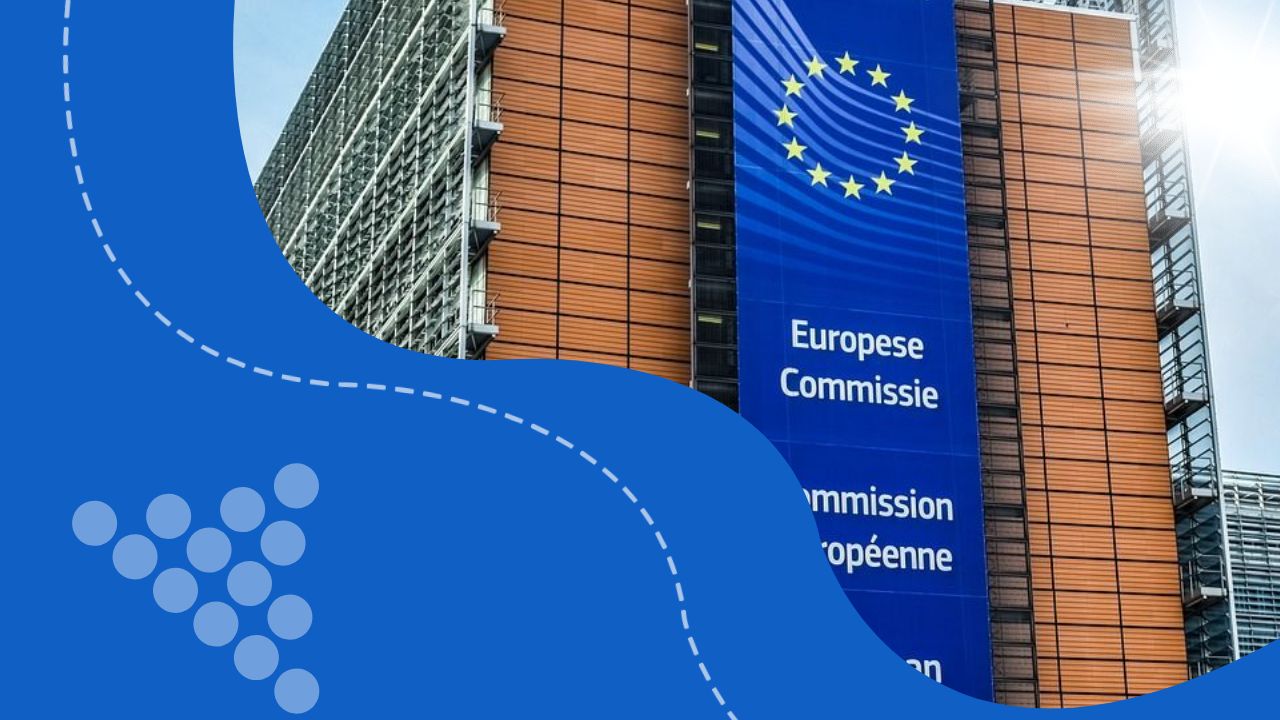In today’s global economy, the significance of battery raw materials, rare earth elements and other critical raw materials cannot be overstated. They serve as the backbone of essential technologies driving electromobility, renewable energy generation and storage, energy-efficient consumer and industrial products, as well as aerospace and defence applications.
As geopolitical tensions escalate worldwide, access to these critical raw materials emerges as a pivotal factor influencing the economic and environmental sustainability of entire nations. European Commission President Ursula von der Leyen underscored this reality in her 2022 State of the Union address, declaring that “lithium and rare earths will soon be more important than oil and gas.”
While China and Japan have long prioritized sustainability in their raw materials supply chains, the European Union has lagged behind. Recognizing the urgent need to bridge this gap, the EU has introduced the Critical Raw Materials Act to fortify domestic supply chains while advancing economic and environmental sustainability within the region.
The CRMA aims to enhance reliable and sustainable access to critical raw materials by setting clear targets for domestic mining, processing, and recycling to achieve by 2030. Additionally, the act aims to mitigate the EU’s dependence on individual non-member states or nations to avoid overreliance on single sources.
Among the 34 critical raw materials identified by the EU, 16 are categorized as strategic raw materials. Notably, rare earth elements and lithium stand out as crucial components driving Europe’s transition to electromobility and renewable energy. These materials are also integral to sustaining the competitiveness of domestic manufacturers reliant on sustainable supplies.
While the EU possesses sufficient mineral resources to meet the targets outlined in the CRMA for rare earth elements and lithium, political and social resistance, combined with complacency among some end-users, have hindered necessary investment and development efforts.
Although the role of lithium in electrification and the energy transition is widely recognized, the intricate significance of rare earth elements remains less understood. This presents a potential blind spot that EU policymakers and industry stakeholders must address to ensure the success of sustainable raw materials strategies.

